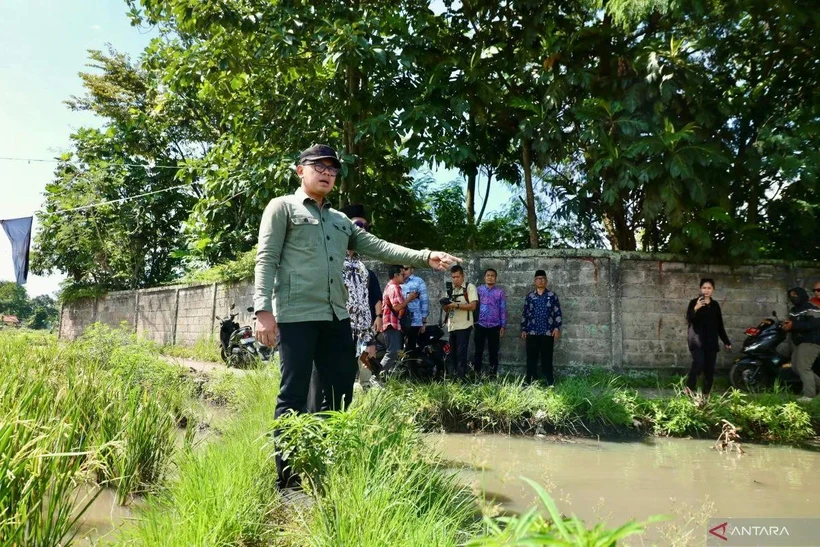WNAM REPORT: Indonesia’s Deputy Home Affairs Minister Bima Arya Sugiarto has announced the government’s commitment to achieving food self-sufficiency by 2027, a key goal under President Prabowo Subianto’s administration.
To meet this target, Coordinating Ministry for Food has been striving to drive the development of 10,000 hectares of new agricultural land and the rehabilitation of 45,000 hectares of irrigation networks across the country. Effective irrigation infrastructure is critical for distributing water from reservoirs and dams to rice fields.
Indonesia currently boasts nearly 3 million hectares of irrigated farmland. Maximising this potential is crucial for expanding agricultural land and enhancing food security. As part of its strategy, the country plans to complete 72 new dams between 2015 and 2025, bringing the national total to 259.
The construction of these dams aims to boost Indonesia’s water security index to 200 cubic metres per person annually, with equitable distribution across regions. This enhanced water availability will support increased agricultural output, raising rice productivity and enabling farmers to grow three crops annually instead of the current two.
In the coming time, the country will anticipate a demographic advantage by 2030, with a workforce-dominated population structure. However, this demographic shift underscores the urgency of strengthening food security to sustain national growth and stability.
The government has prioritised this mission by allocating 23.61 trillion IDR (approximately 1.45 billion USD) to bolster rice self-sufficiency initiatives.
Additionally, the government continues its food estate programme, which plays a pivotal role in ensuring sustainable national food security and establishing regional food distribution hubs.


